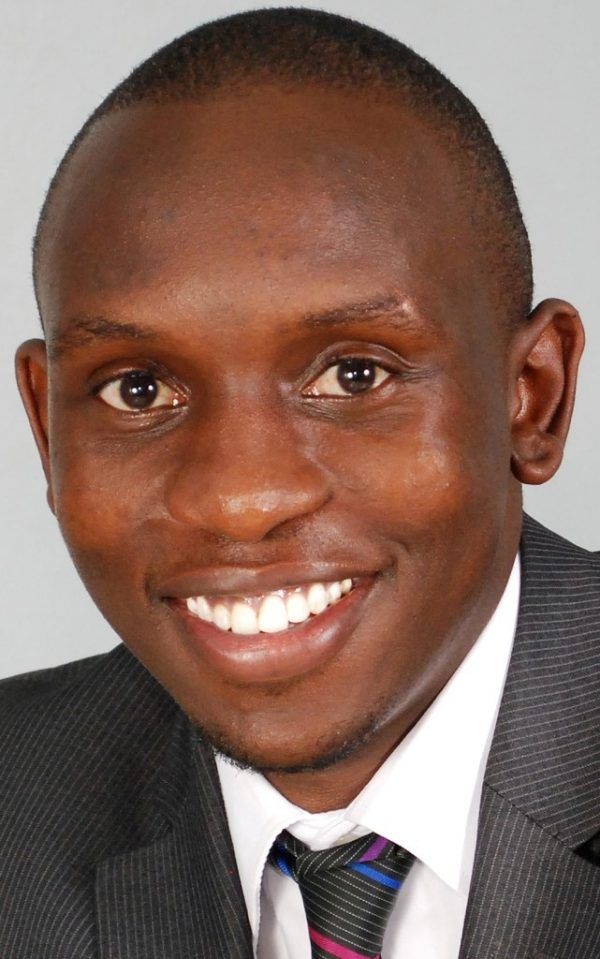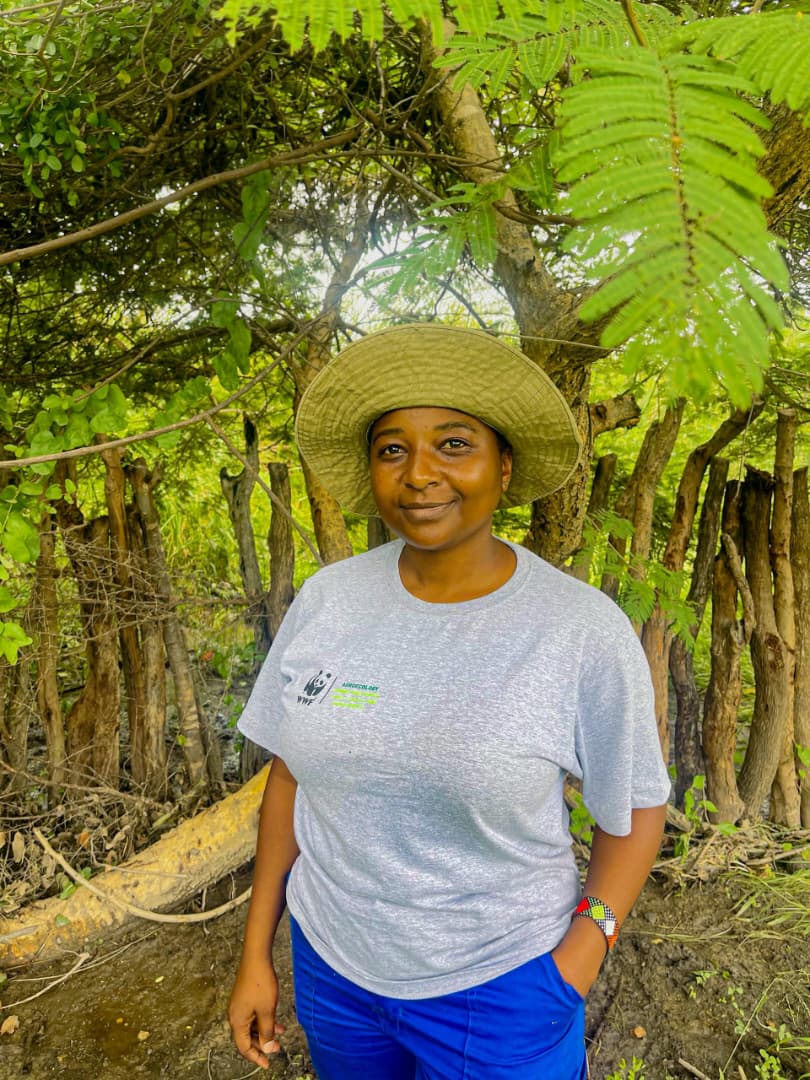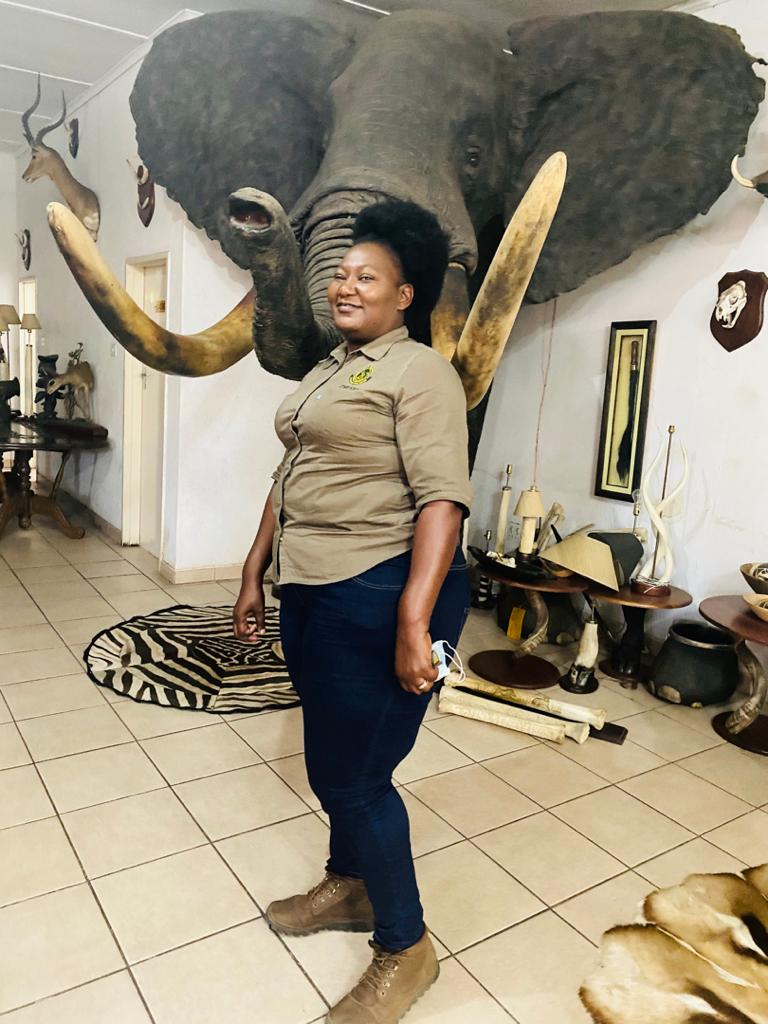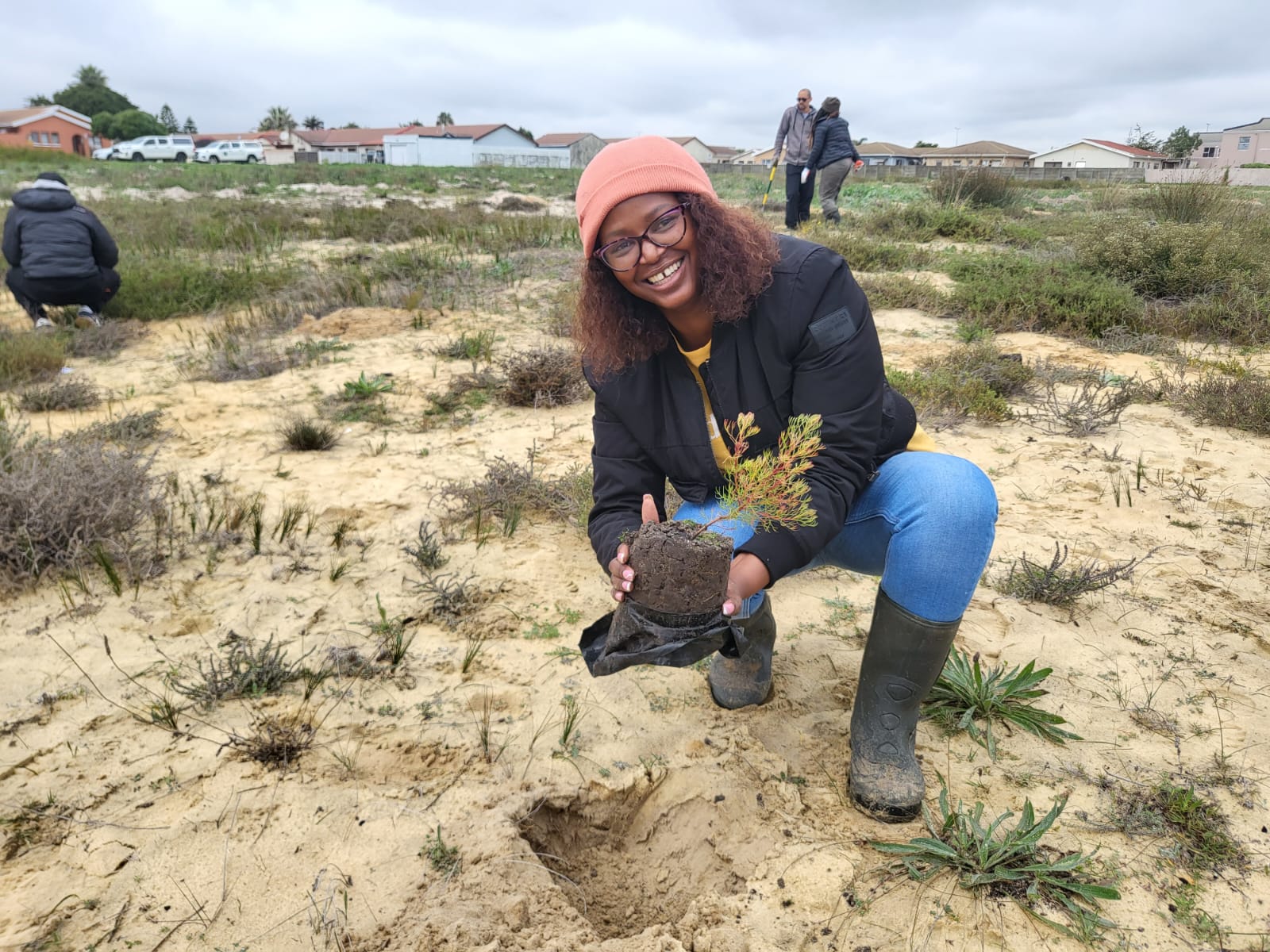I have learnt that you do not require too many resources to achieve great milestones.

Alex Kipchirchir
“You don’t have to look bad to be genuine”, says the man who’s on a mission to put his homegrown honey brand on the map.
Alex founded his company in 2012 with the mission of processing naturally grown fruits into juices, fruit powders and fruit bars. The process, however, required more capital than he could lay his hands on. In 2016, he shifted his focus to selling something that required minimal capital investment and management- honey. At the start of his journey, brokers would come, buy the honey at very low prices, repackage it and then sell it at much higher prices.
In April this year, the COVID pandemic gave Alex an opportunity to focus on improving his business model. Together with his team, he found an opportunity to not only empower and partner with the farmers during and post the pandemic, but, and more importantly, offer the nation a more hygienic and convenient option for consuming honey.
In this interview, Alex tells us about the problem his business is trying to solve and the challenges he has faced along the way.
What problem is Tiara Honey trying to solve?
Firstly, we saw that there was a huge gap in the market in terms of packaging of honey, so we began packaging ours in 10gms sachets which are also more affordable to low-income consumers (a single sachet goes for Ksh 8).
Secondly, there was the issue of hygiene and wastage in hotels and restaurants, especially during this pandemic period. When most restaurants serve you the famous mixture of ginger, lemon, hot water and honey best known as Dawa, they tend to serve the honey in a separate open dish. If you don’t consume it all, it is either thrown out which leads to wastage and increased costs or reused which leads hygiene concerns. With our precise packaging of 10 gms per sachet, our product solves both of these problems for hotels and restaurants. And since it comes as a stock item, establishments are able to control their product costing and manage their inventory more accurately.
Another inspiration for our product emanated from the fact that many consumers lack access to pure/raw honey at affordable rates and in a consistent manner. The market is flooded with unscrupulous traders whose sole motivation is making money. We saw the gap to build a lasting relationship based on trust in the Tiara Honey brand with our consumers.
Lastly and most importantly, ours is a story of empowerment. We believe in embracing technology and innovation to offer sustainable agribusiness solutions to our ecosystem. We believe that, together with the community of farmers around us, we can achieve great things by tapping into our collective abilities.
What has been the biggest challenge in growing your business?
Changing consumer perceptions about our product. Because of the high number of unscrupulous traders out there, the general market tends to assume that Kenyan honey is adulterated. Nine out of ten people you meet will first ask whether the honey you are selling is pure. This is a major stumbling block since it clearly indicates that subconsciously our consumer does not trust our product from the onset. To make things worse, there is this Kenyan myth that the honey that is unbranded or carelessly packed honey is the genuine honey. This makes our work of selling our well-packaged honey an uphill task.

Through Tiara Honey, Alex Kipchirchir is on a mission to revolutionalize the way honey is consumed and packaged in Kenya.
Why is it that locally produced honey is usually poorly packaged?
The overall marketing of honey and other bee products has been greatly neglected by not only the key players in the sector but also the government. Just like many local SME’s, financial constraints hinder their growth. There is not enough funding to finance critical growth areas like R&D and innovation. Accessing funding is a major challenge that leads to one of two things: you will either be rendered obsolete with time or competition will wipe you out.
What are the biggest lessons you’ve learnt this year?
To have a positive outlook, maintain discipline, remain focused and never be afraid to take the big steps.
I have also learnt that you do not require too many resources to achieve great milestones; with enough willpower and passion, you can get there. I have always been inspired by Nike’s ‘Just do it’ slogan.
What is your vision for the future?
In terms of market growth, we are looking to expand nationally by June 2021 and supply our products across Kenya.
In two years, we will expand regionally across Africa and internationally by the end of 2023.
Our vision is to be the most recognized honey brand in Africa, and our goal is to replace processed sugar with natural sugar-honey. We are on a mission to give honey the value it deserves by professionally, uniquely and conveniently packaging it- because you don’t have to look bad to be genuine.
What have you learnt about life from running your business?
Running a business has taught me a number of lessons but the biggest one is patience. I have learnt this from the older generation of successful business people who have persevered the tough journey of entrepreneurship and have come out successful. Patience guides you through your working relationships with different personality types and during the tough times like the current COVID-19 pandemic.
Another critical lesson I have learnt is discipline; it’s the thin line between success and failure. And finally, I have learned that in order to successfully run your business, you also have to seek God’s favour which in most instances comes in form of having wisdom and humility. Couple all this with a broad vision and the world will surely re-organize itself for you to achieve your dreams.
If you could go back in time and give yourself advice before starting your business, what would that be?
I would advise myself to do thorough research before investing. I would then study all the support facets of an organization from HR to Marketing and Finance to PR. I would also invest in real-time systems i.e accounting, sales and CRM to gather enough insights about consumers and thus make more informed decisions.
We are privileged to be entrepreneurs in the internet age where literally every solution to every problem can be found on the internet. As an entrepreneur, I have learned that you will make many mistakes but you have to embrace them and get a thick skin; the earlier you are able to master this the better your chances of surviving.
What is your definition of success?
Building something sustainable that will outlast me and serve many more generations to come. If I can create something that can positively impact livelihoods, a brand that resonates with people of different spheres and cultures, that will be a success for me. I will also feel highly privileged and successful when I am able to groom many other entrepreneurs and be a source of empowerment to the community





